Advancing Video Dehazing through Hybridization of Color Space and Dark Channel Prior - Enhancing Video Quality with Innovative Dehazing Techniques
Problem Definition
This research project aims to address the critical issue of image and video dehazing, a process that is essential for enhancing the clarity and quality of visual data in various fields. The problem of haze distortion caused by environmental factors like fog poses significant challenges in industries relying on accurate image and video analysis, such as forensic science, medical imaging, remote sensing, and photography. Current dehazing methods, including traditional histogram equalization techniques, often fall short in producing satisfactory results, especially when dealing with dynamic environmental conditions like varying light intensities throughout the day. Consequently, there is a pressing need for the development of more effective dehazing systems that can overcome these limitations and provide clear, high-quality visual data for improved analysis and decision-making in diverse applications.
Objective
The objective of this research project is to develop a hybrid technique that combines Dark Channel Prior (DCP) and Kalahe algorithms to address the challenge of image and video dehazing. By creating a more robust dehazing system, the project aims to provide clear and high-quality visual data for improved analysis and decision-making in industries such as forensic science, medical imaging, remote sensing, and photography. The effectiveness of the proposed method will be demonstrated through evaluation metrics such as MSE, BER, and PSNR, showcasing its superiority over traditional dehazing techniques and its practical significance in enhancing video processing applications. Ultimately, the research aims to contribute to the advancement of dehazing technology and provide more effective solutions for overcoming environmental distortions in visual data.
Proposed Work
The proposed work aims to address the research gap in image and video dehazing by developing a hybrid technique that combines Dark Channel Prior (DCP) and Kalahe. The rationale behind choosing these specific algorithms is that DCP is effective in estimating the haze density in images, while Kalahe is known for enhancing contrast and removing artifacts in video frames. By merging these two algorithms, the project seeks to create a more robust and accurate dehazing system that can deliver optimized results for various video processing applications. By evaluating the outcomes using metrics such as MSE, BER, and PSNR, the effectiveness of the proposed method will be demonstrated.
The project's approach involves implementing the hybrid dehazing technique in MATLAB and conducting a thorough analysis of the results obtained.
By comparing the performance of the proposed method with traditional dehazing techniques, the project aims to showcase the superiority of the hybrid approach. The focus on enhancing the quality and accuracy of video data demonstrates the practical significance of the research in improving systems across different sectors such as surveillance systems, medical imaging, and photography. Ultimately, the proposed work strives to contribute to the advancement of dehazing technology and provide a more effective solution to the challenges posed by environmental distortions in image and video data.
Application Area for Industry
The project on image and video dehazing can be utilized across various industrial sectors such as forensic analysis, medical imaging, remote sensing, and photography. In forensic analysis, clear and undistorted images are crucial for accurate investigation and evidence collection. Medical imaging requires high-quality visuals for accurate diagnosis and treatment planning. Remote sensing applications rely on clear images for environmental monitoring and disaster response. Additionally, photography industries can benefit from improved image quality for professional output.
By implementing the proposed hybrid video dehazing technique in these sectors, the challenges of distorted imagery due to environmental factors like fog can be effectively addressed. The innovative approach merging DCP and Kalahe processes enhances the quality and accuracy of video data, leading to improved outcomes in diverse application areas.
Application Area for Academics
The proposed project on hybrid video dehazing can greatly enrich academic research, education, and training in the field of image and video processing. By addressing the significant problem of image distortion caused by environmental factors like fog, this project offers a new and innovative approach to improving the quality and accuracy of image and video data. Researchers, MTech students, and PhD scholars can benefit from the code and literature of this project to enhance their work in related domains.
The use of MATLAB software and algorithms such as Kalahe and DCP in this project demonstrates the potential for exploring new research methods and techniques in image and video dehazing. The development of a hybrid dehazing technique combining these algorithms opens up opportunities for researchers to experiment with different approaches and analyze the results based on various metrics like MSE, BER, and PSNR.
This project can be applied in various research domains such as remote sensing, medical imaging, forensic analysis, and photography, where clear and accurate image and video data are essential. The hybrid dehazing technique developed in this project can be used to improve the quality of imagery in these fields, leading to more reliable results and interpretations.
For future research, scholars can further explore the potential applications of the hybrid dehazing technique in different scenarios and expand on the existing methods to enhance its effectiveness. By incorporating the concepts of DCP and Kalahe, researchers can develop more advanced dehazing systems that are tailored to specific use cases and environments. This project paves the way for continued innovation in image and video dehazing, offering a valuable resource for academics and students in the field.
Algorithms Used
Two primary algorithms were used in this project: the Kalahe histogram equalization technique and the Dark Channel Prior (DCP). The Kalahe technique simplifies the optimization problem with a mathematical design, while the DCP estimates haze thickness and restores a haze-free image using outdoor haze-free image statistics. The researchers also implemented a hybrid technique combining these methods for improved dehazing effectiveness. The proposed work entails developing and implementing a hybrid video dehazing technique that merges DCP and Kalahe processes, innovating upon existing systems by combining these techniques instead of using conventional histogram equalization. This hybrid approach enhances dehazing effectiveness on video footage, evaluated by metrics like Mean Square Error (MSE), Bit Error Rate (BER), and Peak Signal to Noise Ratio (PSNR), ultimately improving the quality and accuracy of video data in various applications.
Keywords
video dehazing, MATLAB coding, histogram equalization, image processing, dark channel prior, Kalahe method, hybrid technique, forensic science, medical imaging, remote sensing, satellite imagery, MSE, BER, PSNR, video processing, environmental distortion, fog removal, image quality enhancement, video footage improvement.
SEO Tags
image dehazing, video dehazing, image distortion, video distortion, environmental factors, fog removal, quality of imagery, forensic analysis, medical imaging, remote sensing, photography, dehazing system, hybrid dehazing technique, DCP, Kalahe, histogram equalization, MATLAB software, Mean Square Error, Bit Error Rate, Peak Signal to Noise Ratio, video processing, research project, PhD search, MTech search, research scholar search
| Shipping Cost |
|
No reviews found!













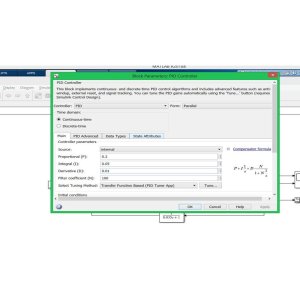
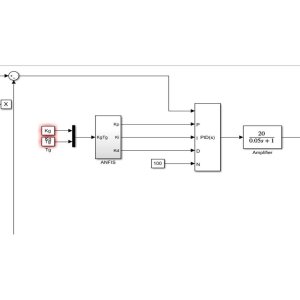
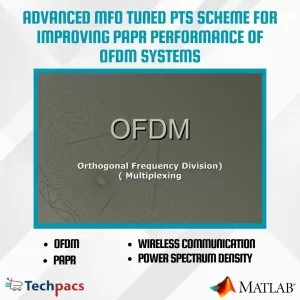
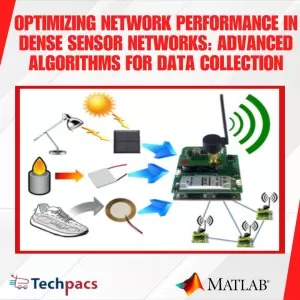
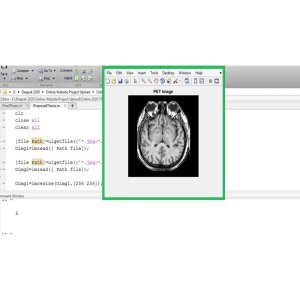
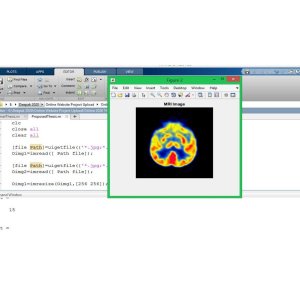
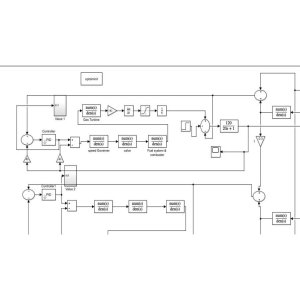
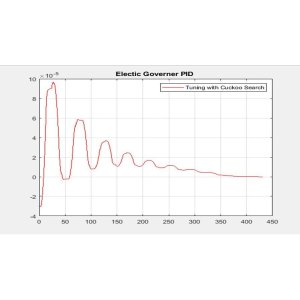































No comments found for this product. Be the first to comment!